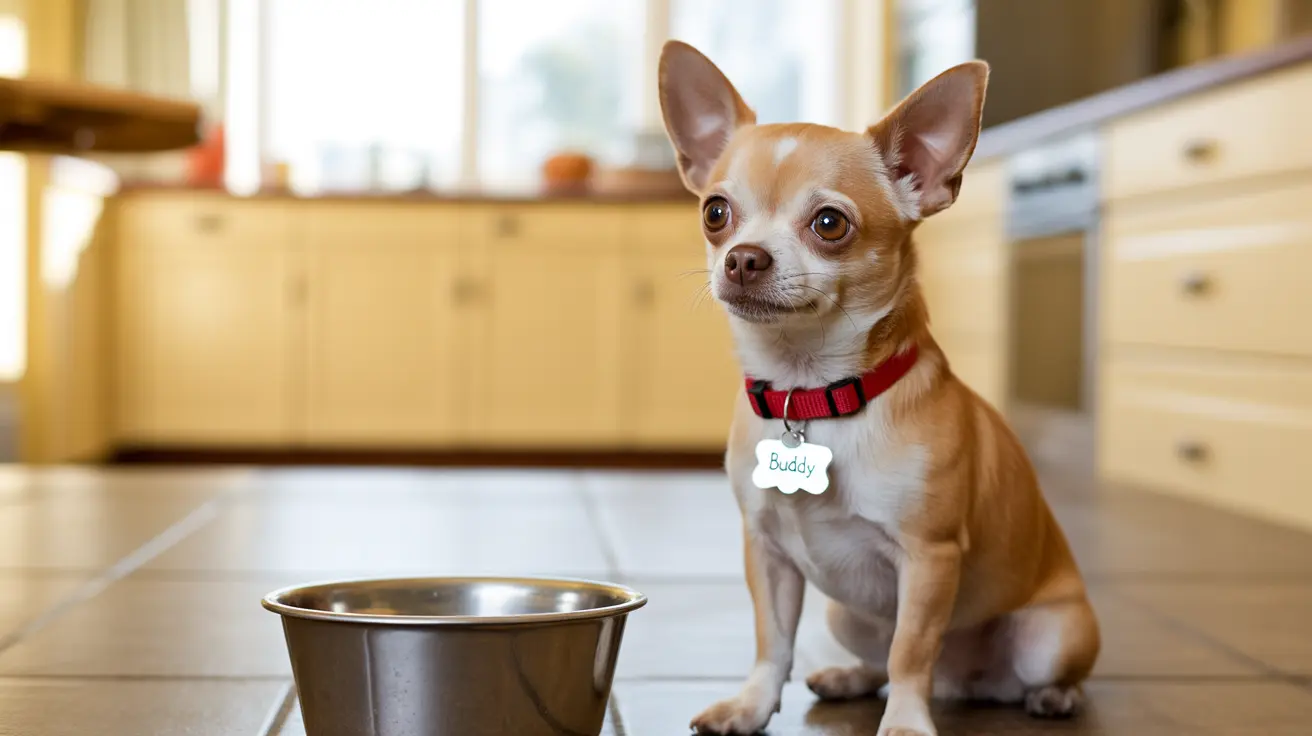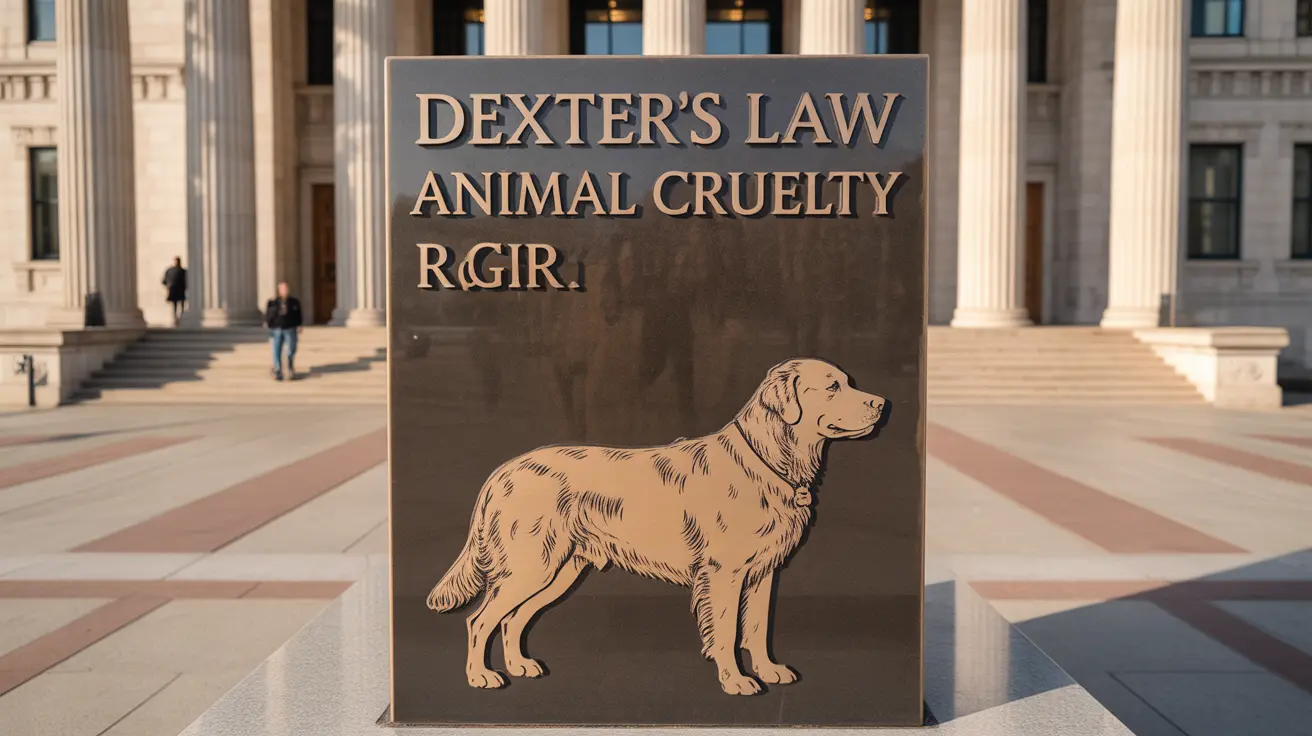If you've noticed your dog's poop appearing dry and powdery, it's a clear signal that something might be amiss with your pet's health. This common yet concerning issue can stem from various causes, ranging from simple dehydration to more serious underlying conditions. Understanding why this happens and knowing when to seek veterinary care is crucial for maintaining your dog's wellbeing.
Understanding Normal vs. Dry Dog Poop
Healthy dog poop should be moist, well-formed, and easy to pick up. When stools become dry and powdery, it's often an indication that something in your dog's digestive system or overall health needs attention. This change in stool consistency can develop gradually or suddenly, depending on the underlying cause.
Common Causes of Dry Dog Poop
Dehydration: The Primary Culprit
Dehydration is the most frequent cause of dry, powdery stools in dogs. When your dog isn't getting enough water, their body pulls extra moisture from the digestive tract, resulting in harder, drier stools. Signs of dehydration include:
- Sunken eyes
- Dry, sticky gums
- Loss of skin elasticity
- Lethargy
- Reduced urination
Dietary Issues and Nutritional Imbalances
Your dog's diet plays a crucial role in stool consistency. Several dietary factors can contribute to dry poop:
- Excessive calcium or bone content in the diet
- Insufficient fiber intake
- Poor-quality dog food
- Sudden changes in diet
- Lack of moisture in food
The Impact of Medical Conditions
Sometimes, dry dog poop can indicate underlying health issues, including:
- Intestinal blockages
- Digestive disorders
- Kidney problems
- Metabolic diseases
- Medication side effects
Prevention and Solutions
Hydration Strategies
Ensuring proper hydration is essential for preventing dry stools:
- Provide fresh, clean water at all times
- Consider adding water to dry food
- Place multiple water bowls around the house
- Monitor water intake, especially during hot weather
- Add low-sodium broth to meals for extra moisture
Dietary Adjustments
Making appropriate dietary changes can help resolve dry stool issues:
- Gradually transition to moisture-rich food
- Add appropriate fiber sources
- Ensure balanced calcium levels
- Consider probiotics for digestive health
- Monitor portion sizes and feeding frequency
When to Contact Your Veterinarian
Seek veterinary care if you notice:
- Persistent dry stools lasting more than 48 hours
- Signs of pain or straining during defecation
- Blood in the stool
- Vomiting or decreased appetite
- Significant changes in behavior or energy levels
Frequently Asked Questions
What are the common causes of dry, powdery dog poop and how can I identify them?
Common causes include dehydration, excessive calcium intake, dietary fiber imbalances, and digestive issues. Look for other symptoms like changes in drinking habits, appetite, and energy levels to help identify the specific cause.
How can dehydration lead to dry or crumbly stools in dogs and what signs should I watch for?
Dehydration causes the body to extract extra water from waste material, resulting in dry stools. Watch for signs like sunken eyes, dry gums, reduced skin elasticity, and decreased urination frequency.
What dietary changes can help prevent or treat my dog's dry poop?
Adding moisture to food, ensuring appropriate fiber intake, balancing calcium levels, and maintaining proper hydration can help. Always make dietary changes gradually and consult with your veterinarian first.
When should I be concerned about my dog's dry poop and contact a veterinarian?
Contact a veterinarian if dry stools persist for more than two days, or if accompanied by other symptoms like pain, straining, vomiting, or significant behavioral changes.
Can excess calcium or bone consumption affect my dog's stool consistency?
Yes, too much calcium or bone in the diet can lead to dry, chalky stools. This is common in raw diets with high bone content or when dogs receive excessive calcium supplements.
Conclusion
While dry dog poop can be concerning, understanding its causes and taking appropriate action can help resolve the issue. Focus on maintaining proper hydration, providing a balanced diet, and monitoring your dog's overall health. When in doubt, always consult with your veterinarian to ensure your pet receives appropriate care and treatment.






